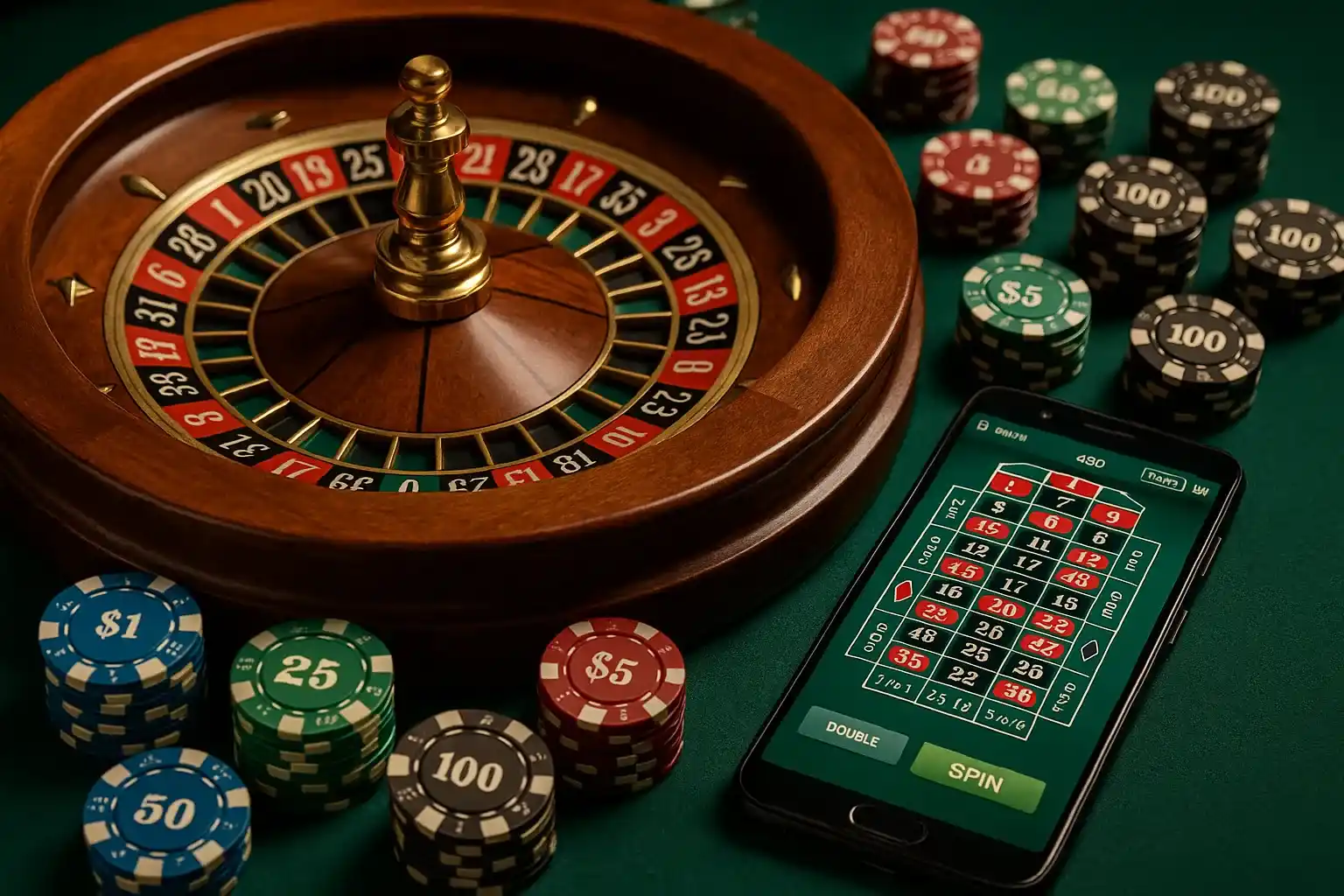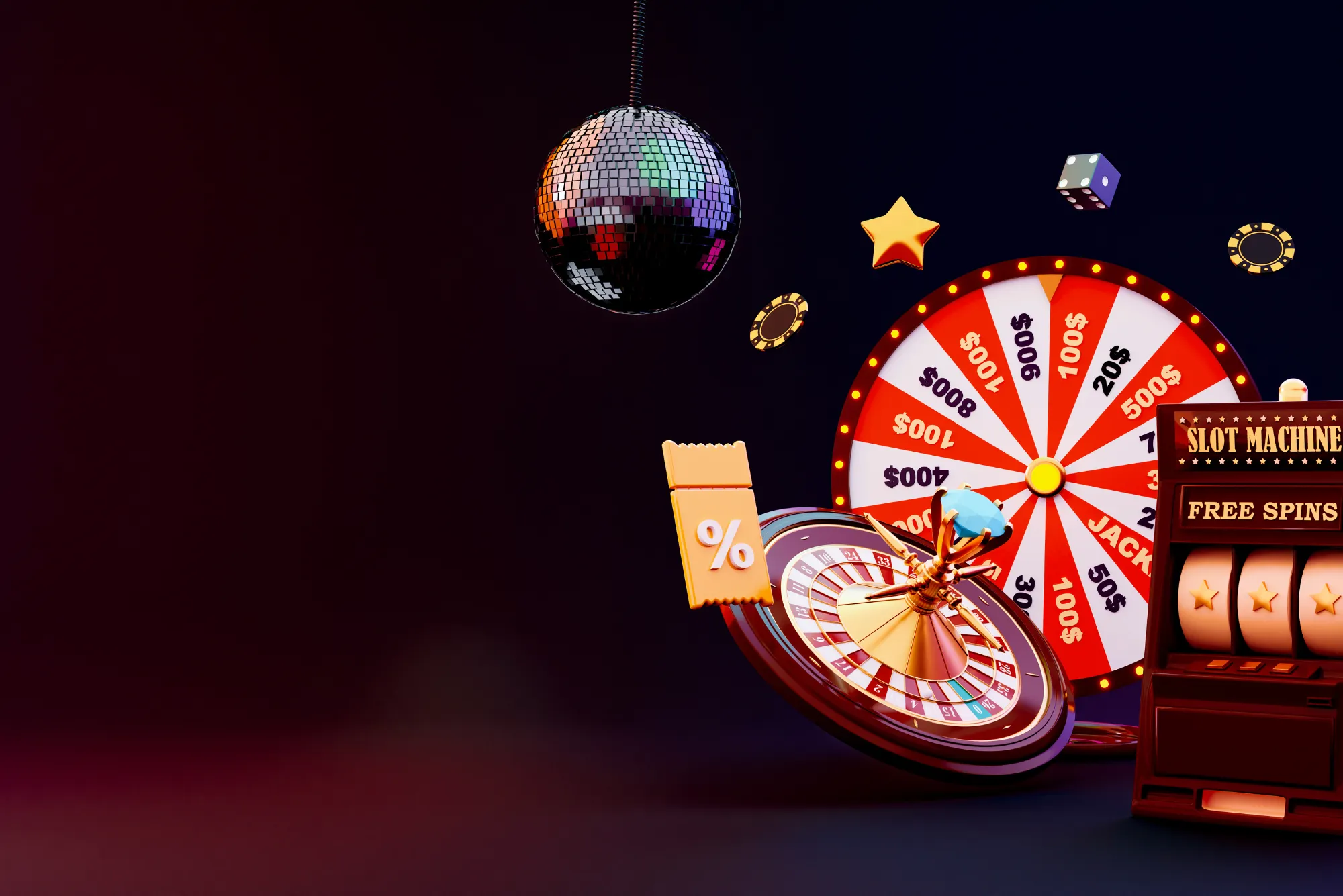Roulette is one of the most iconic games in any casino, celebrated for its elegant wheel, the suspenseful clatter of the ball, and the rush of anticipation as it settles into a numbered pocket. Yet for all its glamour, roulette is fundamentally a game of chance. Despite that, avid players and seasoned strategists have long searched for ways to tilt the odds ever so slightly in their favor. Drawing on my own experiences—both at physical casino tables and via digital platforms—I’ll walk through the most effective strategies for playing roulette, their real-world merits, and how modern tools can support smarter bets.
At its heart, roulette is governed by strict probabilities: each spin is an independent event, and the house edge remains constant. However, that doesn’t mean you must play blind. By understanding odds, employing structured betting systems, and managing your bankroll with discipline, you can craft an approach that maximizes entertainment value while striving for better results.
Understanding the Fundamentals of Roulette
Before diving into specific tactics, it’s critical to grasp the basic mechanics and odds of roulette. Standard wheels—European versions with a single zero—feature 37 pockets, giving the house an edge of 2.7%. American wheels, with both 0 and 00, push that edge to 5.26%. These figures are baked into every bet type, whether you’re wagering on a single number (35:1 payout) or an even-money chance like red/black (1:1 payout).
Zero, Double Zero, and the House Edge
My first lesson at a land-based casino came when a pit boss kindly explained that zero pockets are what ensure the casino profit. No matter how long a player’s lucky streak, that green slot guarantees the house a consistent margin. Choosing a single-zero wheel, whenever available, is the simplest way to reduce your disadvantage.
Roulette’s independence principle means past spins have no impact on future ones. While patterns may appear to emerge—red seems to hit three times in a row—each spin remains random. This key insight shapes how we think about betting systems and risk management.
Time-Tested Betting Systems
Over centuries, gamblers have devised structured wagering approaches designed to protect against losses or cash in on perceived momentum. Though none can overcome the house edge over the long run, they can shape your betting experience and bankroll dynamics.
Martingale and Its Variations
The Martingale system is perhaps the most famous: after every loss on an even-money bet, you double your stake. The idea is that one eventual win recoups all prior losses plus a profit equal to your original bet. In practice, however, table limits and bankroll constraints can derail this approach. A string of losses can escalate your bets to levels most players cannot sustain.
To address these risks, many players adopt the Grand Martingale—doubling plus one unit after each loss. This variant seeks a larger cushion but likewise requires a deep bankroll. If you’re comfortable with volatility and have betting resources to match, the Martingale family can provide short bursts of success, though always with significant tail risk.
The Fibonacci Approach
Less aggressive than Martingale, the Fibonacci system follows the famous numeric sequence: each bet equals the sum of the two previous bets (1, 1, 2, 3, 5, 8, etc.). After a loss, the player moves one step forward in the sequence; after a win, two steps back. Because the progression grows more slowly, this method demands smaller bankrolls and reduces rapid stake escalation.
In my experience, the Fibonacci approach offers a smoother ride for cautious players. You won’t need the deep pockets that Martingale demands, but you still benefit from recouping losses over a series of spins—provided you can tolerate extended play and occasional modest setbacks.
Tech-Enhanced Strategies
The age of digital gaming has introduced new tools for roulette strategists. Smartphone integration and data analytics help players make informed decisions and track outcomes like never before. Many now rely on betting apps that provide live statistics, payout calculators, and session timers. These apps can log your bets automatically, chart result distributions, and even simulate betting systems before you risk real money.
Tracking and Statistical Analysis
I once spent an afternoon recording 500 online spins, logging win/loss outcomes and streak lengths. By charting this data, I gained a clearer picture of variance and cold streak probabilities. Modern apps automate this process: you connect your play session, and the app captures spin results in real time. Armed with fast analytics, you avoid the hindsight bias of manual note-taking and can adjust strategies on the fly.
Virtual Wheels and Simulation
Beyond live tracking, simulation tools let you test betting systems against millions of hypothetical spins. This practice environment highlights the long-term risk profiles of different approaches, letting you fine-tune your plan before stepping up to a table—virtual or physical.
Bankroll Management and Mindset
No strategy discussion is complete without addressing money management and psychology. Even the best betting system can fail a reckless player.
Setting Stakes and Limits
Before you spin, decide on a fixed bankroll dedicated to your session—separate from other funds. Divide this bankroll into equal units for individual bets, ensuring you never exceed your comfort zone. For example, with a £500 bankroll and 100 units, each bet would be £5. This structure prevents emotional, impulsive decisions that jeopardize your long-term entertainment.
Avoiding the Gambler’s Fallacy
Believing that red is “due” after five blacks is a classic trap. Since each spin is independent, the odds remain unchanged. I’ve seen beginners double up in these situations, only to be met with another loss. Recognizing and resisting this cognitive distortion is central to smart play.
Embracing Short Sessions
Roulette’s negative expected value means the longer you play, the more likely you drift toward the house edge. By planning shorter sessions—perhaps 30 minutes or 50 spins—you cap your exposure. A quick withdrawal after a profitable run preserves wins and keeps the game fun rather than tragic.
Real-World Examples
To illustrate how these strategies play out, let me share two anecdotes:
First, at an upscale Monte Carlo venue, I observed a player using a conservative Fibonacci approach on even-money bets. He started with €5 bets and built his way up slowly over two hours. His peak win was €120; he walked away with €80 profit. His discipline and modest stakes shielded him from ruin.
Conversely, at an online casino event, a participant leveraged a data-tracking app to guide a modified Martingale system. By stopping after three consecutive losses and resetting, he avoided catastrophic stake jumps. He ended the night with a 20% profit on his session bankroll—proof that combining classic tactics with tech tools can yield positive experiences.
Expert Insights and Tips
Seasoned roulette professionals share a few additional insights:
-
Choose European Wheels whenever possible for lower house edge.
-
Rotate Strategies to match table conditions and personal comfort.
-
Leverage Free Play—many online casinos offer no-deposit bonuses or demo modes. Practice until you master your system before betting real funds.
Above all, view roulette as entertainment. Any strategy should enhance enjoyment—not obsession.
Conclusion
While no method can defy the fundamental math of roulette permanently, thoughtful strategies can shape healthier play, improve your session outcomes, and elevate your overall experience. By understanding odds, testing structured betting systems, leveraging modern betting apps, and managing your bankroll with discipline, you position yourself for more thrills and fewer regrets. Next time you sit at the wheel—whether in a glamorous casino or on your favorite online platform—bring both your head and heart to the game. Smart preparation and mindful play are the best bets you can place








